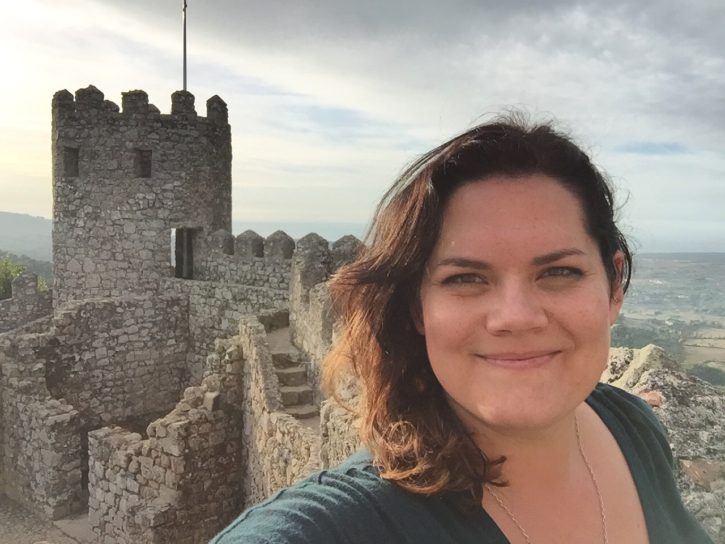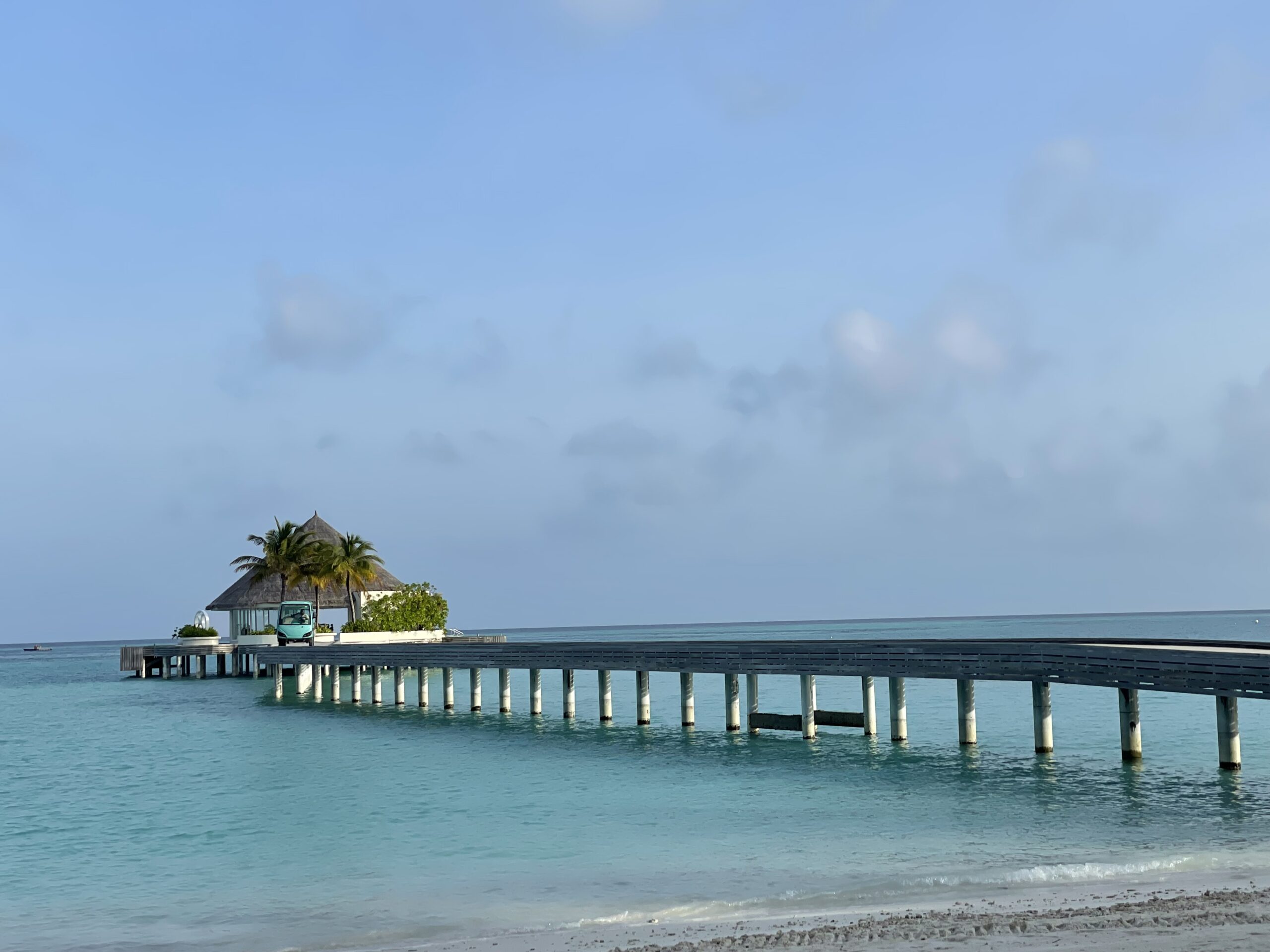Let’s start with, “I have no bucket list. I travel where fancy takes me.” This was probably the most popular sentiment until Covid 19 hit us – so does it change anything at all?
Although there are a large number of wannabe travelers who prefer to go the sanitized way – the ones who like making lists and working on it, one place/activity at a time (I’ll call them tourists), are they the better kind of travelers?
So who among the two categories is right? A true traveler? The impulsive, no-list kind of traveler or the conscious planner living in the future?
In my opinion, which is of course based on my experiences, I have had both. I will not go as far as calling it a “bucket list”, but I had a list alright, when I was growing up but it was not all about traveling. Some hardcore travelers admit that a bucket list denotes “dying,” preferring instead to think of travel as a life list, a series of guideposts that you decide upon to slowly shape the kind of life you want – like it did mine.
But again, there is a saying in the travelers’ circles – “whatever floats your boat.” Personally, I am of the opinion that, list or not, if you have the urge to travel, you will. In other words, where there is a will, there are many ways.
Let’s see what travelers have to say about their choices. Let me add a disclaimer here – there are no right answers to the question.
Table of Contents
Why Vs why not
“For me, a bucket list is definitely necessary! Going through life, you learn about places and experiences that excite and inspire you, and this can happen every day – you could be reading a news story or magazine article, surfing the web, or talking to a friend or coworker. Whenever I learn about one of these things, I add it to my running ‘bucket list’ of places I want to visit and experiences I want to have. It becomes my personal guiding list of travel priorities, and I check it often while planning a new trip, to see if there are things on the list I can incorporate into my travels,” says US-based Samer Kawar. An architect, he has ticked 154 countries off his list and aims to cover them all soon enough.
“There are way too many amazing places to be visited and experiences to be had to go through life without a list – my brain simply doesn’t have the capacity to remember it all! But there is one downside to this bucket list system: even though I check things off after every trip, the list is always getting longer and longer!”
Kayla Diamond from South Africa is of a different opinion. “I’m half yes and half no. On one hand, I loved making my little travel vision board. I look at it every day and know I need to make decisions and take action to make those dreams a reality. But on the other hand, there are a lot of incredible moments that lists and boards just can’t prepare you for! Some things I don’t even add to the list until I’m doing it / traveling there. It’s all part of the fun,” says she.
“For me, a bucket list is for the dying. Instead I’d spend time thinking about a life list, a series of guideposts that you decide upon to slowly shape the kind of life you want,” says Sara Bearchell, a former corporate champion who now travels the world teaching English.

“To make a travel checklist of sites to see entirely misses the point of traveling. All of those pretty photos in front of the Eiffel Tower don’t actually enrich your life. It’s just about showing off and getting likes. Travel is about meeting people, experiencing a different way of life, and realizing that we’re all one and the same deep down inside, and nothing that we think matters actually matters. A travel check/bucket list of places to see keeps you tied to social media and materialism and prevents you from growing. So instead, what would a growth-oriented life list look like? What are meaningful places and experiences for you? What do you want to learn? Let’s write that one down,” she adds.
IT Professional and blogger Shrinidhi Hande (India) has a list which he calls the ‘ticket-list’. His reasons are purely practical. “I’ve mastered the art of booking flight tickets at their lowest possible fares and usually months in advance during airline because having a ticket well in advance gives me a motivation to plan and travel, whereas a bucket list will take ages to materialize, if you aren’t serious enough to plan, book and execute your travel dreams,” he says.
Common theories against bucket lists
Tunnel Vision syndrome
If you arrive in Kenya fixated on that seeing the lions, you’re a lot less apt to notice the wildebeest herds. When you design an entire trip out of crossing off one specific activity, you automatically make that activity the “purpose” of the trip. Consequently, you’re more likely to turn down any little side adventure, attraction, or spontaneous offer that steals time away from the trip’s “purpose.”
High expectations lead to disappointments
Googling pictures of Mont Saint Michel in Normandy and dreaming of wading through the shallow waters right up to the castle? So what if, due to high tide, the island is flooded and the castle is cut off? Major disappointment, right? Trip ruined. Your expectations have rendered this trip “a failure,” and it’s going to feel horrible. This happened to me, but fortunately this visit was kind of and “impulsive trip” and therefore caused no disappointment in the least.

Travel for pleasure, not obligation
You don’t really have money to spend on your Arctic trip, but you’re doing it anyway because it’s on your bucket list – because hey, you cannot neglect your bucket list, right? In reality, people change and their travel goals change. When you have a bucket list, you risk spending precious travel time on experiences you feel obligated to complete.
Bucket lists cause regret
You’re not a “bad” traveler because you didn’t get to everything on your bucket list, or because you’ve yet to check anything off it yet. A bucket list automatically sets a travel standard for yourself, and it’s a standard you’re not likely to meet. Ditching it erases the potential for regret and allows you to celebrate the trips that you do accomplish.
Travelers agree that the real problem with the bucket list is that all you are doing is creating a list with unattainable goals, clichés and things that you don’t really want to do but probably feel you should to make life interesting. If you are serious about the items on your bucket list, they say, make that list into real, obtainable goals rather than some pipe dream ‘want list’.
How bucket lists can ruin your thought process
Are bucket lists really a good idea? It can be useful to have defined goals, of course (I do sometimes have these goals – like when climbing a mountain), but the lists seem to encourage a strange blend of highly individualised behaviour and conformity, a situation in which everyone is hurtling, alone, towards similar goals.
Psychologists say that there is a consumerist, acquisitive vibe to the lists – like a replica of a shopping list. Instead of building on what you already have, “to make a good life, a list is an attempt to fill an existential void.”
There’s also an innate air of competition to bucket lists, of striving to best yourself – but also others. In some ways it’s no surprise that they have risen in popularity in an age when we are all encouraged to brand ourselves, to treat our Facebook pages as a shop window for our achievement-rich lives.
Psychologist Linda Blair, in her book The Key to Calm, says chasing big experiences is worthwhile if you enjoy the whole process. “Saving up the money, planning it with friends – I’m all for that,” she says. “But if you’re constantly living in the future, ignoring what’s going on right now because you’re shooting for goals, which happen so quickly that they’re over, and then you have to chase another one, you’re not really living.”
Could they be a useful way of dealing with the inevitability of death? Linda Blair doesn’t think so. “It’s a way of denying the idea of death, not coping with it at all … People usually do this to ensure that there are things to look forward to, which means there are things that are still going to happen … My experience warns me that it’s probably done in order to prevent thinking about death. I think it’s a way of trying to generate some excitement.
“A bucket list is an assemblage of the activities you want to accomplish before you die, or kick the bucket. The travel version is what places and experiences you want to see and do prior to dying.”
Conclusion
As a traveler myself, I strongly believe that as one expands their personal travel boundaries, more travel destinations will suddenly become more appealing and, after a while, the bucket list becomes a map of the Earth. That’s how I feel. There are very few places on this planet that I would not like to visit at least once.
Okay, I’m not saying that this is a mandatory progression of travel desires. It is possible that a person who has visited 15 countries for pleasure has no desire to see anything more. I’m sure they’re out there; I just don’t think it likely. One summer you travel to London. The next year it’s Turkey. Then Greece. Then Thailand. You see? Travel is like anything else in life, it takes experience to both enjoy it and become more adept at its practice. Everywhere I go or people I meet are always discussing travel. I understand the desire to dream about travel, I do it every day too, but what I can’t imagine is that anyone takes their own lists that seriously.
What do you think? Is this an exercise in futility, or a useful travel habit?




